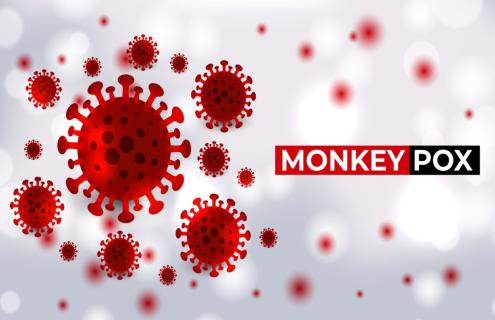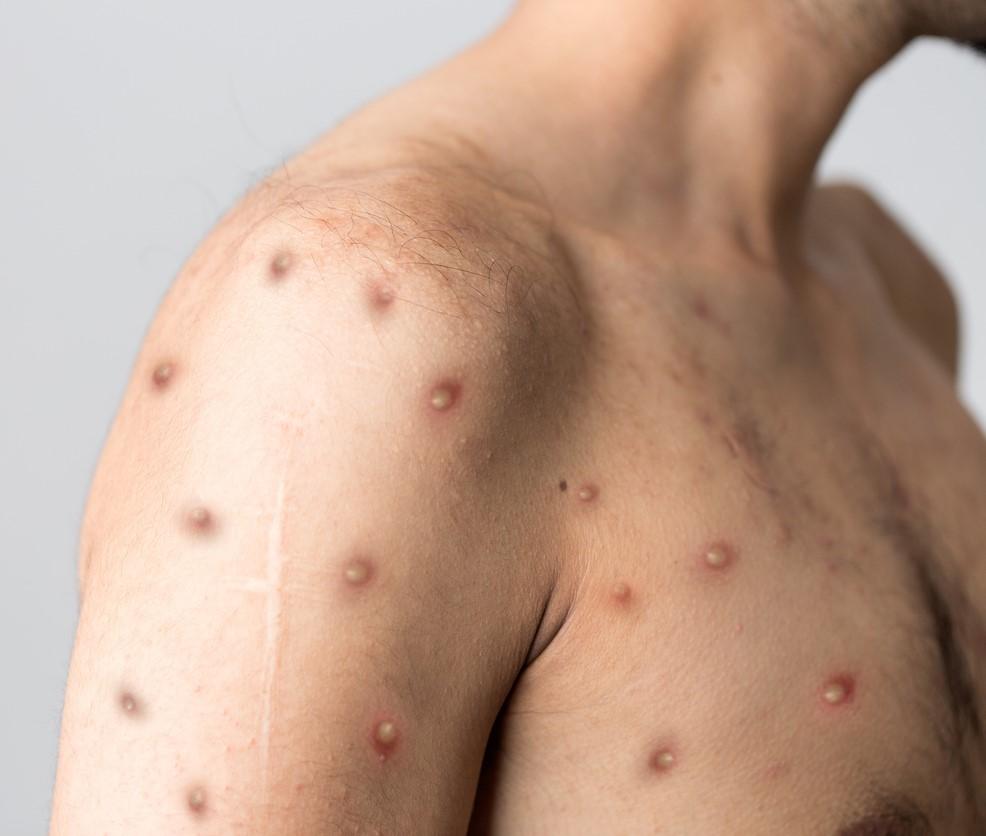WHO Director-General Declares Mpox Outbreak a Public Health Emergency of International Concern
WHO Director-General Dr. Tedros Adhanom Ghebreyesus has officially declared the ongoing mpox outbreak in the Democratic Republic of the Congo (DRC) and the increasing cases in several African countries a Public Health Emergency of International Concern (PHEIC). This decision aligns with the International Health Regulations (2005) (IHR) framework.
Dr. Tedros’s declaration followed the advice of an independent IHR Emergency Committee that convened earlier to evaluate data from WHO experts and representatives from the affected countries. The committee advised that the current rise in mpox cases constitutes a PHEIC, with the potential for further spread across Africa and possibly beyond the continent.
The Director-General plans to release the Committee’s report and, following their recommendations, will issue temporary guidelines for countries to address the situation.
In his statement, Dr. Tedros expressed grave concern over the emergence of a new mpox clade, its rapid spread in eastern DRC, and the rise in cases in neighboring countries. He emphasized the need for a coordinated international response to curb these outbreaks and save lives.
WHO Regional Director for Africa, Dr. Matshidiso Moeti, highlighted ongoing efforts in collaboration with communities and governments. She noted that WHO country teams are on the front lines, working to strengthen measures against mpox. With the virus’s continued spread, Dr. Moeti stressed the importance of scaling up international actions to bring the outbreak under control.

Professor Dimie Ogoina, Chair of the Emergency Committee, underscored the urgency of the situation. He pointed out that the upsurge of mpox in Africa and the emergence of a new sexually transmissible strain of the virus pose a global threat. Mpox, originating in Africa, was neglected until it caused a global outbreak in 2022. He called for decisive action to prevent history from repeating itself.
This PHEIC determination marks the second mpox-related declaration in two years. Mpox, caused by an Orthopoxvirus, was first identified in humans in 1970 in the DRC and is considered endemic in central and west African countries.
In July 2022, a multi-country mpox outbreak was declared a PHEIC after the virus rapidly spread through sexual contact in countries where it had not previously been reported. That emergency declaration was lifted in May 2023 following a sustained decline in global cases.
Mpox has been a persistent issue in the DRC for over a decade, with the number of reported cases steadily increasing. Last year saw a significant rise in cases, and this year’s numbers have already surpassed the previous year’s total, with over 15,600 cases and 537 deaths reported.
The recent emergence of the clade 1b virus strain in the DRC, which appears to be spreading primarily through sexual networks, and its detection in neighboring countries, has raised significant concern and is a key factor behind the PHEIC declaration.
In the past month alone, over 100 laboratory-confirmed cases of clade 1b have been reported in four countries neighboring the DRC—Burundi, Kenya, Rwanda, and Uganda—none of which had previously reported mpox cases. Experts believe the actual number of cases could be much higher, as many clinically compatible cases have yet to be tested.

Outbreaks of different mpox clades have been reported in various countries, each with distinct transmission modes and risk levels.
Two vaccines currently used for mpox have been recommended by WHO’s Strategic Advisory Group of Experts on Immunization. These vaccines are also approved by WHO-listed national regulatory authorities and by individual countries, including Nigeria and the DRC.
Recently, Dr. Tedros initiated the Emergency Use Listing process for mpox vaccines, aiming to expedite vaccine access for lower-income countries that have not yet granted their own regulatory approval. This listing also enables partners such as Gavi and UNICEF to procure and distribute vaccines.
WHO is actively working with countries and vaccine manufacturers to secure potential vaccine donations. The Organization is also coordinating with partners through the interim Medical Countermeasures Network to ensure equitable access to vaccines, therapeutics, diagnostics, and other essential tools.
WHO estimates an immediate funding requirement of $15 million to support surveillance, preparedness, and response activities. A needs assessment is currently underway across the Organization’s three levels.
To facilitate an immediate scale-up, WHO has allocated $1.45 million from the WHO Contingency Fund for Emergencies and may release additional funds in the coming days. The Organization is appealing to donors to fund the full scope of needs for the mpox response.
